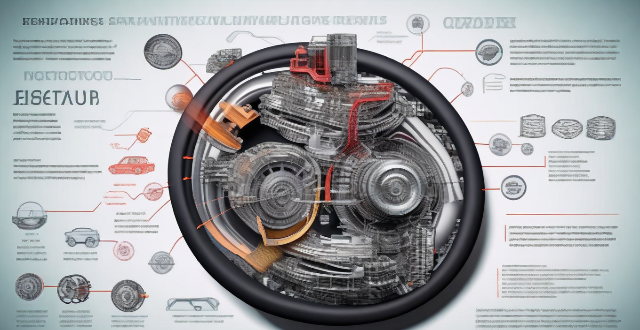The article discusses whether using premium gasoline can improve a car's fuel economy. It explains that most modern car engines are designed to run on regular gasoline without any loss in performance or fuel economy, and even high-performance vehicles primarily benefit from improved engine performance rather than increased fuel efficiency. Therefore, using premium gasoline does not necessarily lead to better fuel economy for the majority of vehicles, and the extra expense often outweighs any potential but minimal improvements in fuel economy.

Can Using Premium Gasoline Improve a Car's Fuel Economy?
Introduction
The question of whether using premium gasoline can improve a car's fuel economy is a common one among vehicle owners. In this response, we will explore the relationship between gasoline grades and fuel economy to provide a comprehensive answer.
Understanding Gasoline Grades
Gasoline comes in different grades, typically regular, mid-grade, and premium. The main difference between these grades is their octane rating, which measures how resistant a fuel is to auto-ignition or "knocking" under high pressure.
Octane Ratings:
- Regular: Typically has an octane rating around 87.
- Mid-Grade: Offers an octane rating between 89 and 91.
- Premium: Has the highest octane rating, usually around 92 or above.
Fuel Economy and Gasoline Grades
Does Higher Octane Mean Better Fuel Economy?
Contrary to popular belief, using premium gasoline does not inherently lead to better fuel economy for most vehicles. Here's why:
Engine Requirements:
- Designed for Regular Gasoline: Most modern car engines are designed to run on regular gasoline without any loss in performance or fuel economy.
- High-Performance Engines: Some high-performance or luxury vehicles may recommend or require premium gasoline to avoid knocking and ensure optimal performance. However, even in these cases, the primary benefit is often improved engine performance rather than increased fuel efficiency.
Cost vs. Benefit:
- Cost Analysis: Premium gasoline is more expensive than regular gasoline. The additional cost rarely translates into significant fuel economy gains for vehicles that do not specifically require it.
- Economic Impact: For most drivers, the extra expense of premium gasoline outweighs any potential but minimal improvements in fuel economy.
Conclusion
In summary, using premium gasoline does not necessarily improve a car's fuel economy for the majority of vehicles on the road. While it may offer benefits in terms of engine protection and performance for certain high-end or high-performance cars, the average driver will not see a significant return on investment in terms of fuel savings. It is essential to consult your vehicle's owner's manual and follow the manufacturer's recommendations regarding fuel type to ensure optimal vehicle performance and economy.